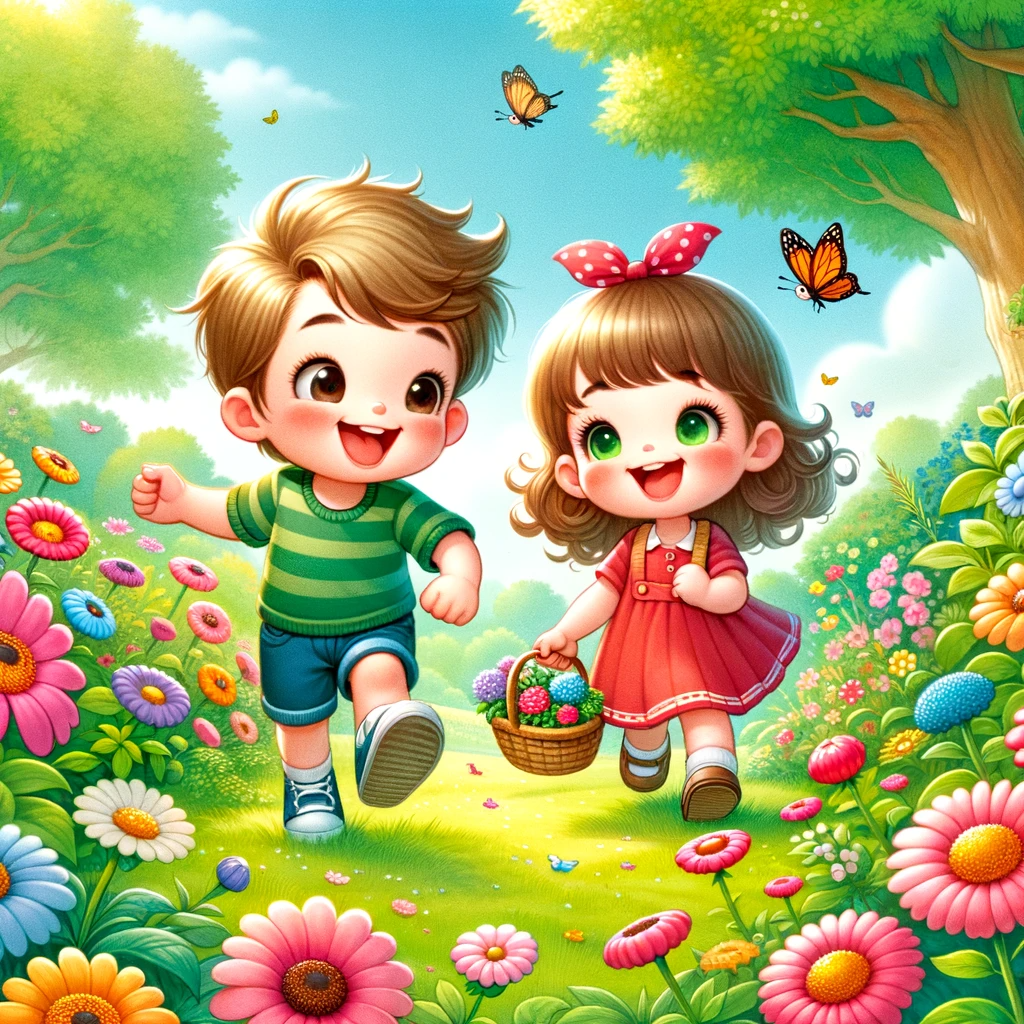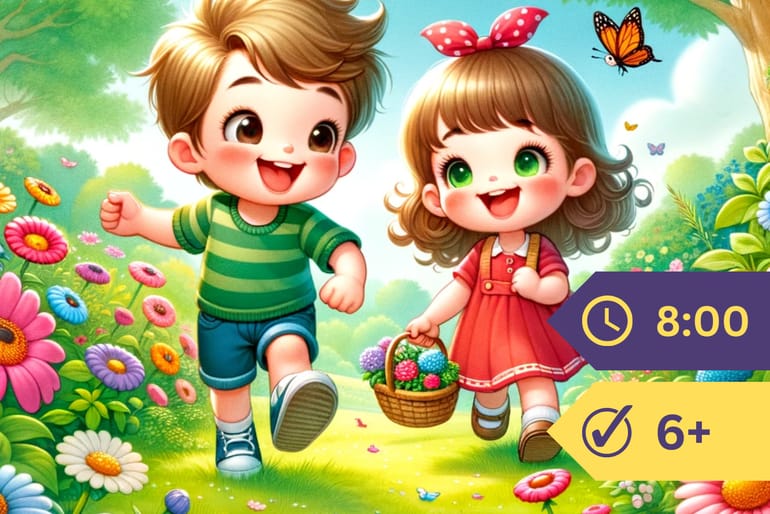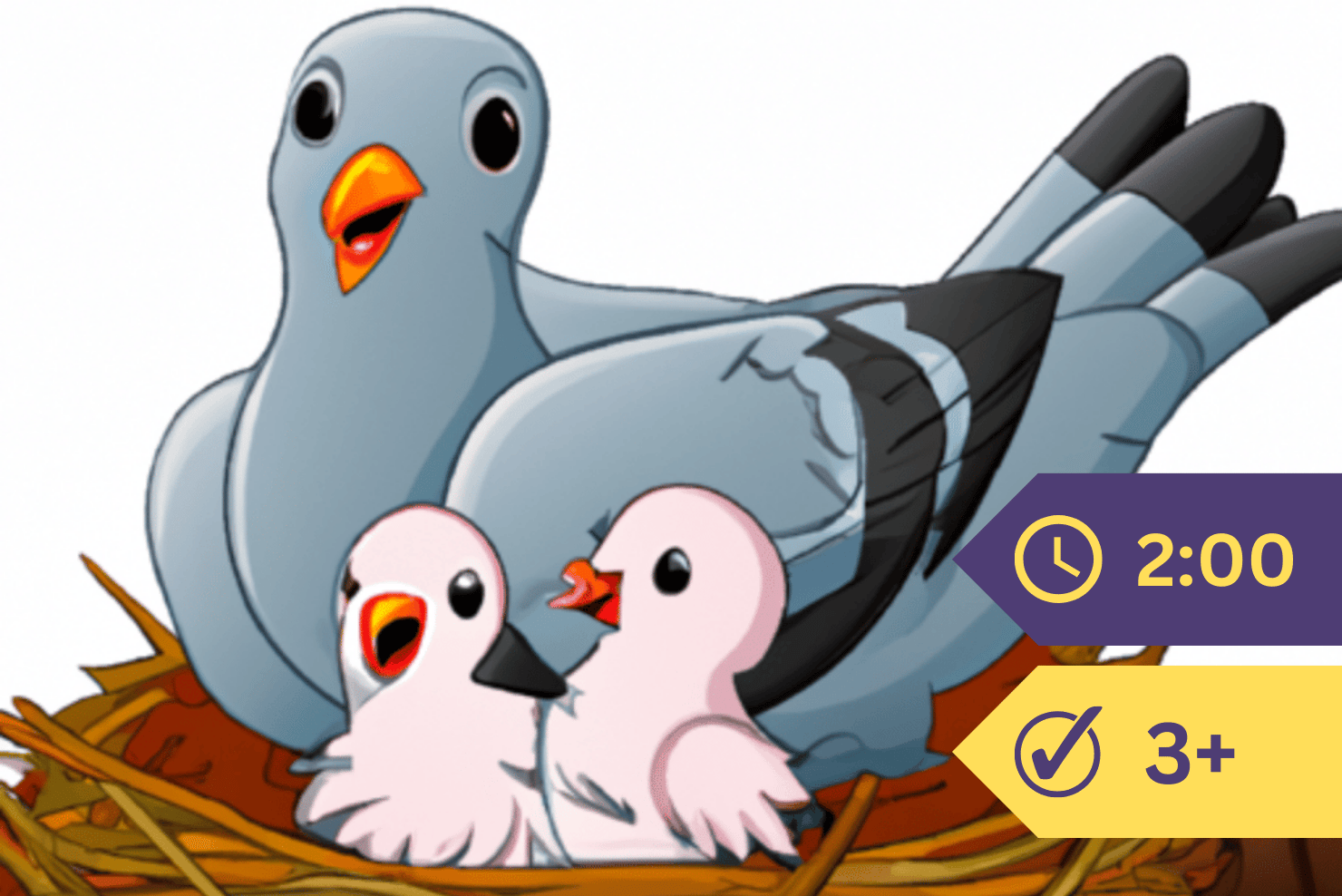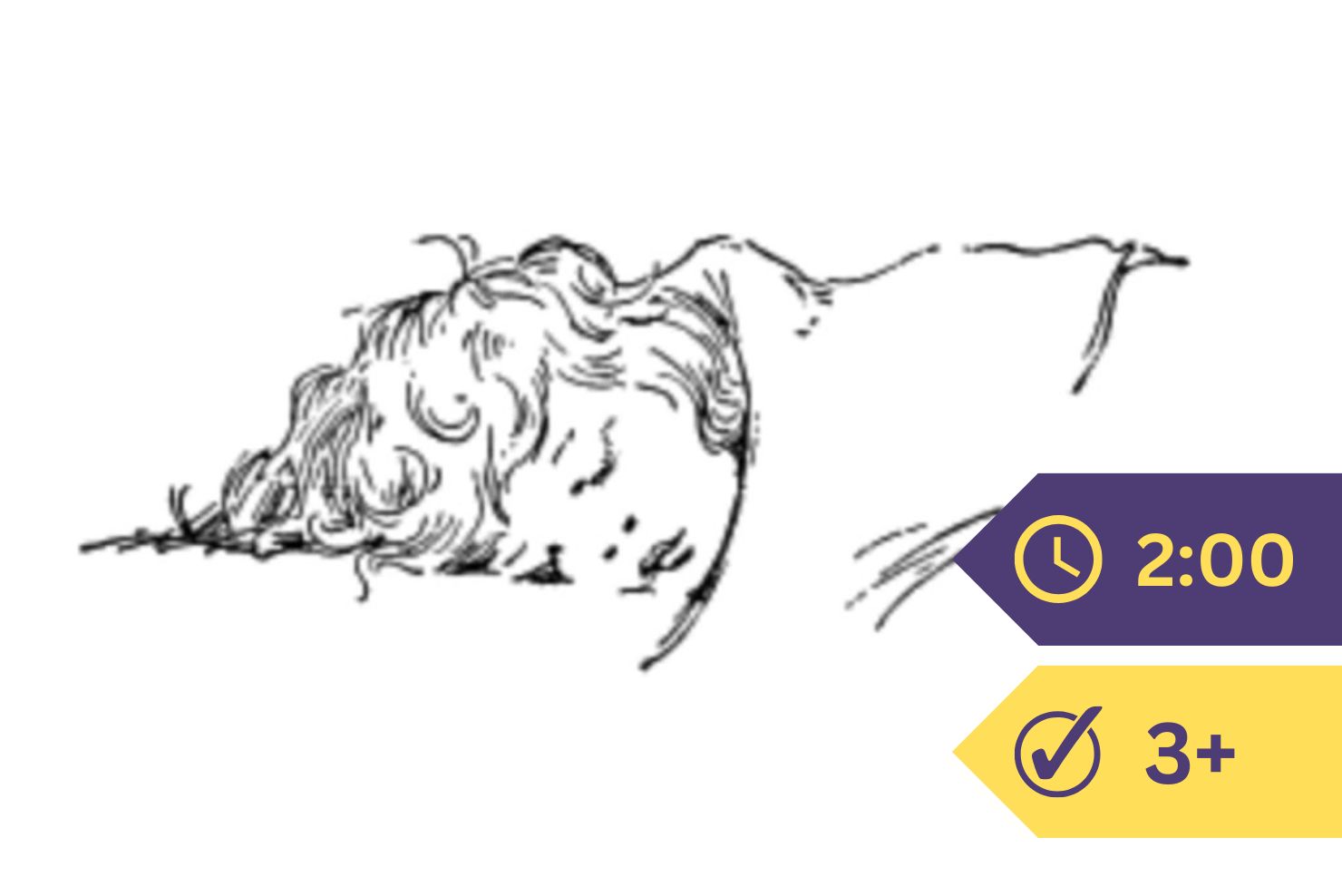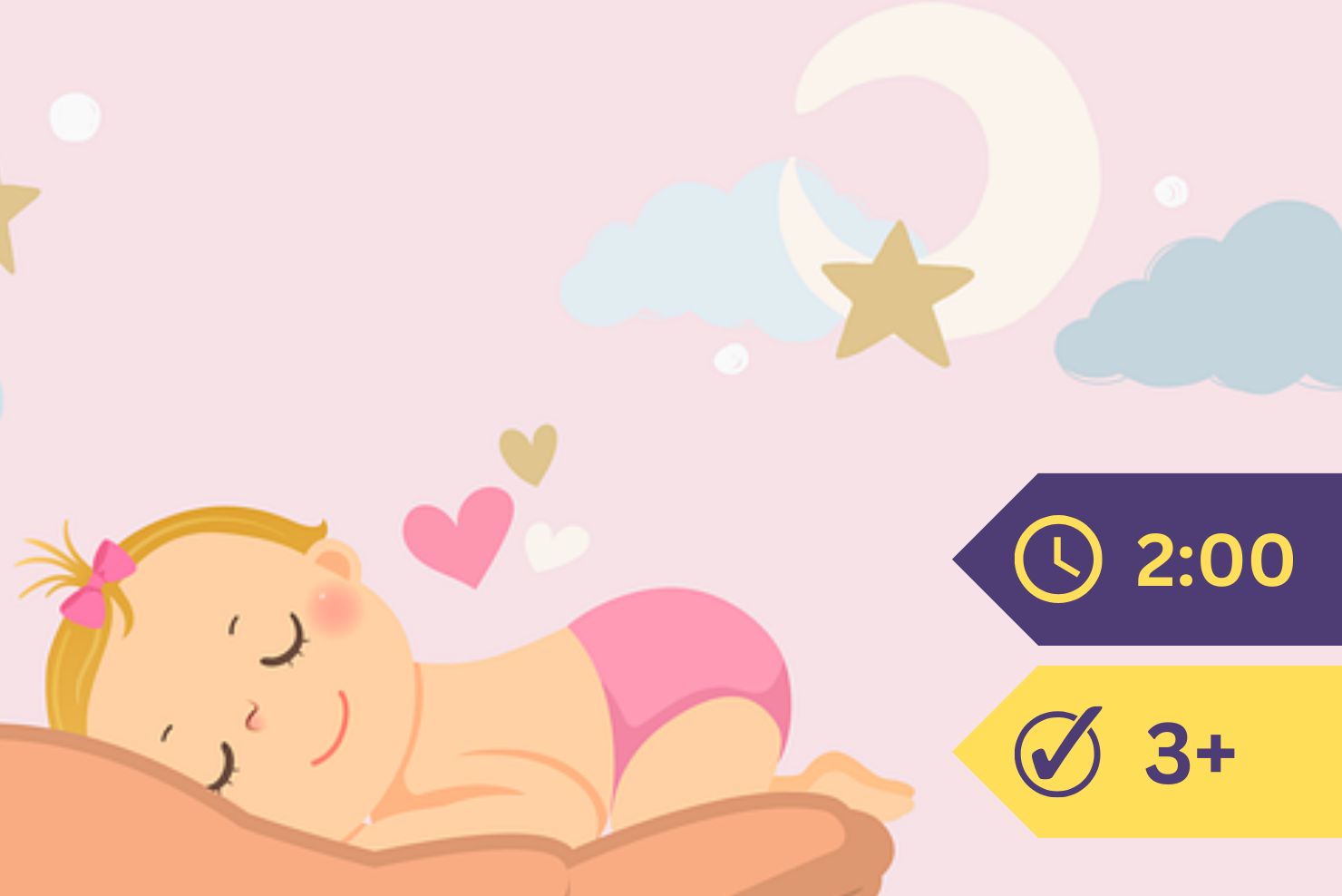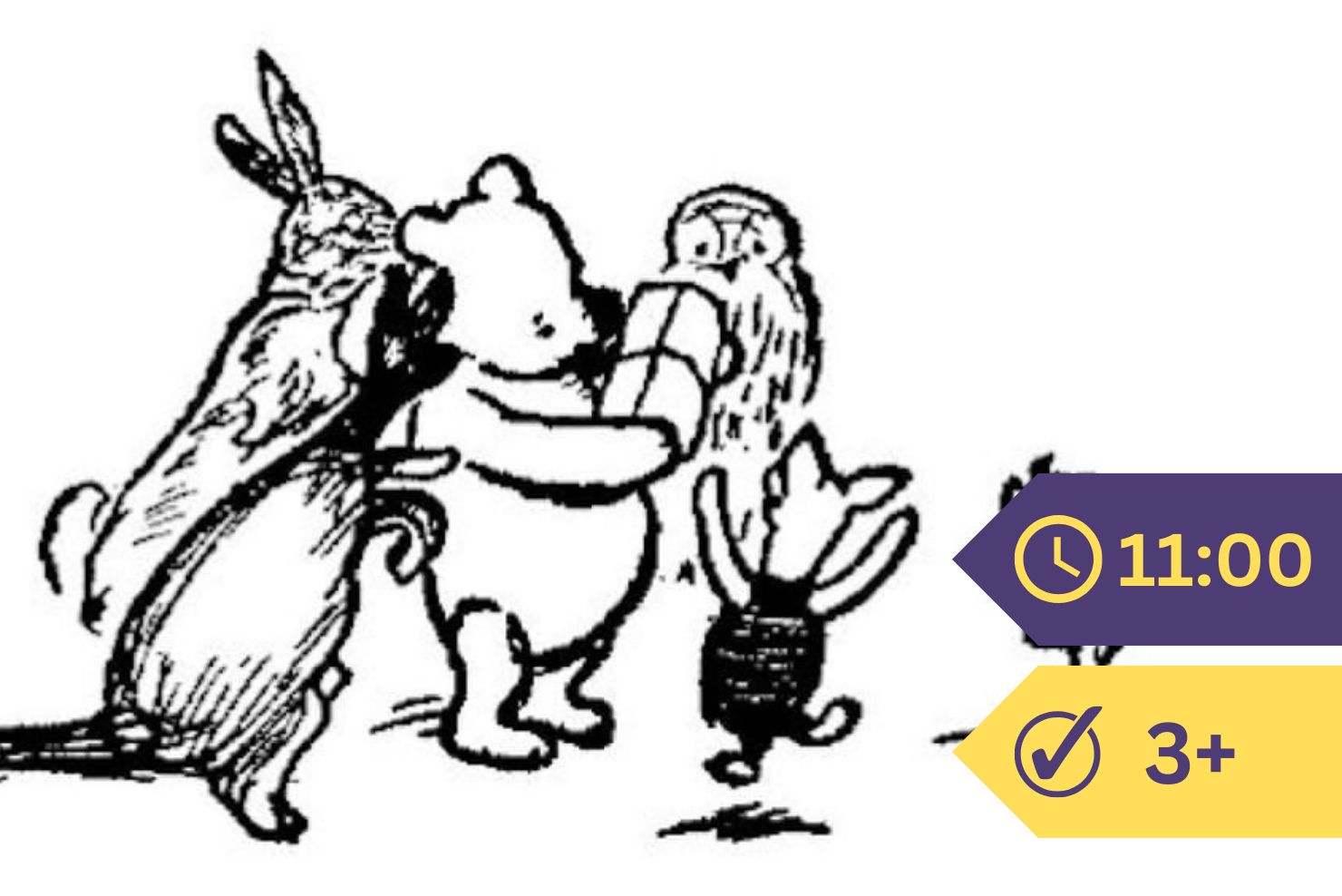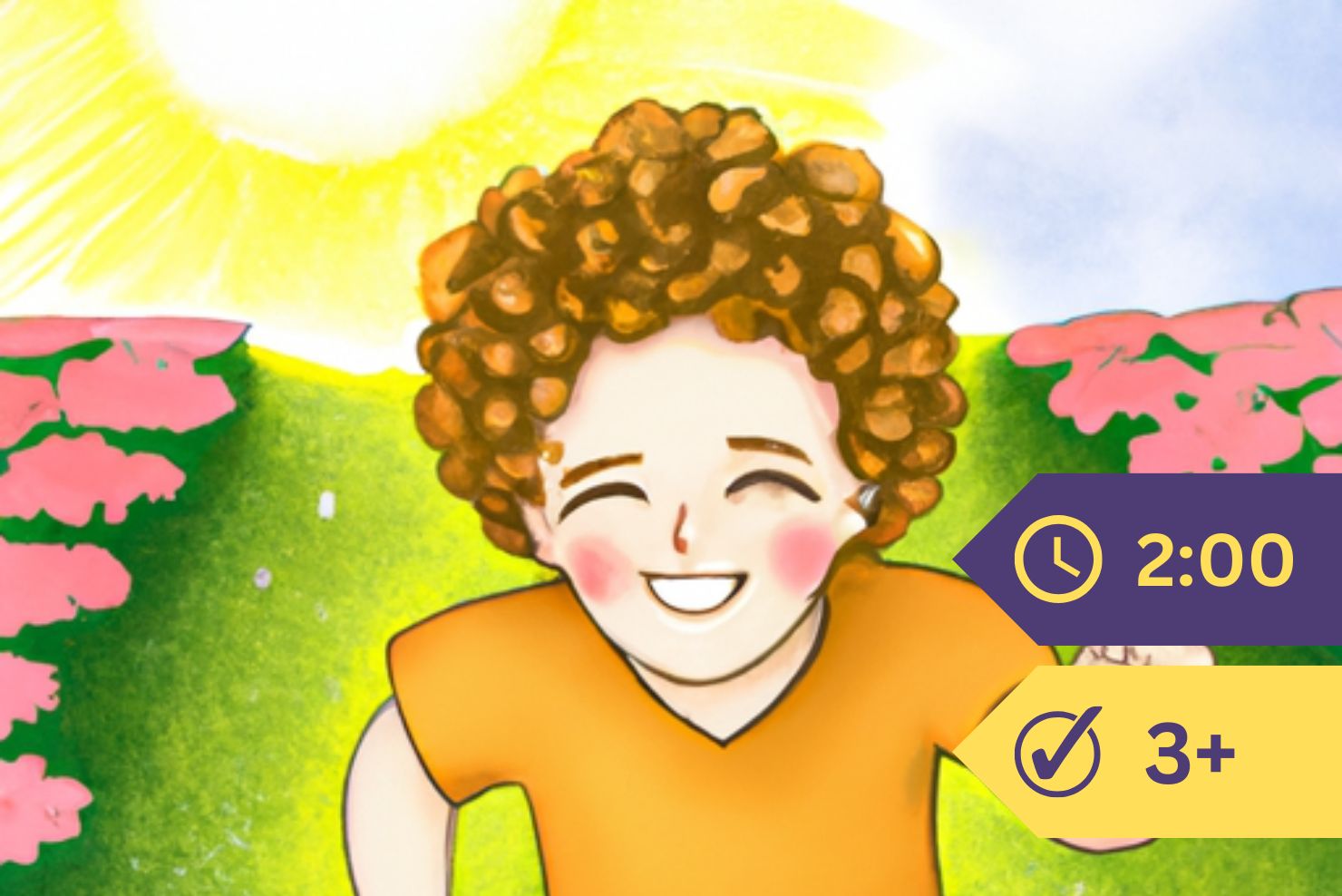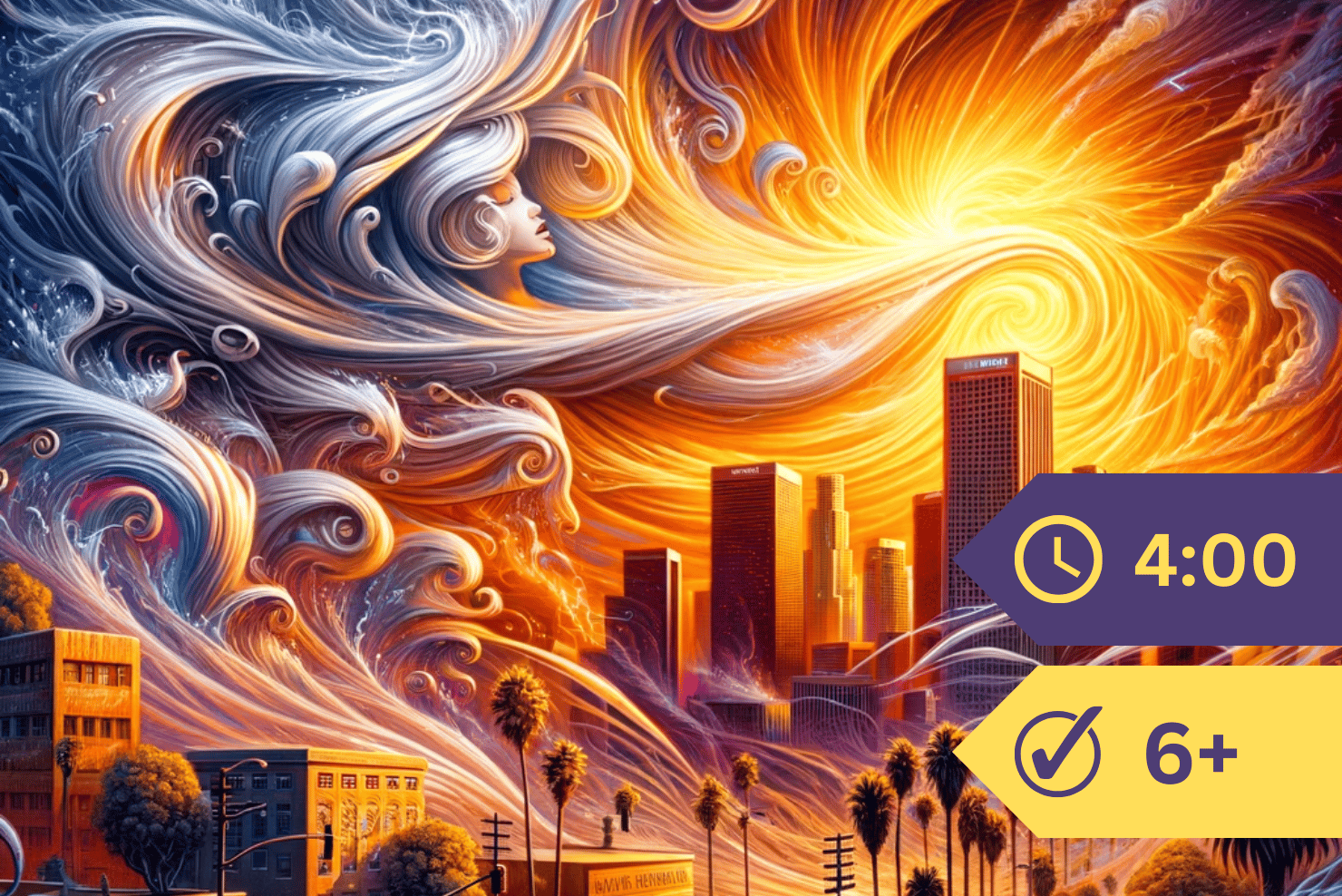In fact, if you are to see any of the things that are really worth seeing, you must study the art of using your eyes. You must learn to see.
This world is full of things that are beautiful and interesting, things that do not cost money, that can be had for the seeing.
School is nearly over now, and during the weeks that lie before you there will be many hours which you children can call your own.
I wonder what you will do with these holiday hours?
Of course, you will play a great deal; at least, I hope you will, for we need play almost as much as we need work. But one does not play every minute, even in the holidays. I hope that all of you will spend a part of your holidays in trying to be a little useful to your mothers.
But even then there will be some time left for other things,—things that are not work, and that are not exactly play, yet that are a little of each, and so perhaps better than either play or work alone.
Among these “other things” I hope “learning to see” will find its place. I wish that every child who reads this book would make a resolution that during these coming holiday weeks he will “learn to see.”
There are many different ways of doing this. The children in the city can learn this great lesson as well as those who live in the country. There is much to be seen in the city besides people and houses, and horses and wagons. There are the clouds of the sky by day, and its stars by night. There are the trees in the squares, the birds and flowers in the parks, and much besides.
The children who live by the sea do not have the great forest trees that grow among the mountains; but for this loss they can comfort themselves by the beautiful rose mallows (see the picture at the head of this chapter) that grow in the marsh, by the sea pinks along the creek, by the pretty shells and seaweeds on the beach.

But perhaps you think I am quite wrong in taking it for granted that you need to “learn to see.” What gives me the idea that you ought to learn any such lesson?
Well, nine times out of ten, if I hand a flower to a child and ask him to look at it and then to tell me about it, he will stare at it, oh, very hard indeed, for some moments, and then he will have nothing to say.
Now, this cannot be the fault of the flower; for we have seen that the flower is made up of so many different things that to tell about them all takes some time. It must be the fault of the child; or at least the fault of his eyes and brain, both of which are needed for really seeing, and which probably he does not know how to use.
It must be that he has never “learned to see.” Perhaps he has used his eyes well enough, and has really seen a great many things in the flower; but his brain may not be able to put them together in the right way, and to find the words that are needed.
If this is the only trouble, a little practice will make it all right. He will find that his brain works better after each trial, just as a new pair of scissors works better after it has been used several times.
But often the eyes do not seem to do their share of the work; and if they do not, there is no chance for the brain to come to their help.
That is a sad state of affairs, because, if when we are young we let our eyes form bad habits, such as not seeing the things they ought to see, we are likely to be half blind all the rest of our lives.
It would be a terrible thing, would it not, to be told that you were about to become blind, that soon you would be unable to see the things about you?
Now, while I trust that none of you will ever become altogether blind, I tell you honestly, I greatly fear that some of you are in danger of becoming partly so,—of becoming blind to many of the things about you that would please you greatly if you only saw them. And I know that this sort of blindness must take from your lives much happiness.
But still you may wonder how I know this about children whom I have never seen. How can I know whether the boys and girls who read this are in any danger of losing their power to see?
Well, the only way I know about you boys and girls, whom I have never seen, is by watching very carefully the ones I do see.
You children who live in New York, say, have never seen the children who live in California; yet you feel sure that they have eyes and ears just as you have, do you not?
And you are pretty confident that most of them like to play far better than they like to work; that sometimes they are good-natured, and that again they are quarrelsome; and that in many ways they are like the boys and girls who live near you.
In just the same way I am able to guess that you children whom I do not know are more or less like the ones I do know.
Now, among these children only a few, as I have said before, seem to have the full use of their eyes. This troubles me, because the evil is one that grows greater as the children grow older. Perhaps you know that if you stop using any part of your body, that part soon begins to lose its power of doing the things it was meant to do.
If you should not use your legs for a long time, they would grow so weak that they could hardly carry you. It would be much as if you had no legs, or at least as if you had legs that could not do the work they were meant to do.
If you stopped using your hands, you would find your fingers growing stiffer and stiffer, so that at last they could not take a good hold of things.
And if your eyes are not used for seeing clearly the things before them, they will grow less and less able to see clearly.
